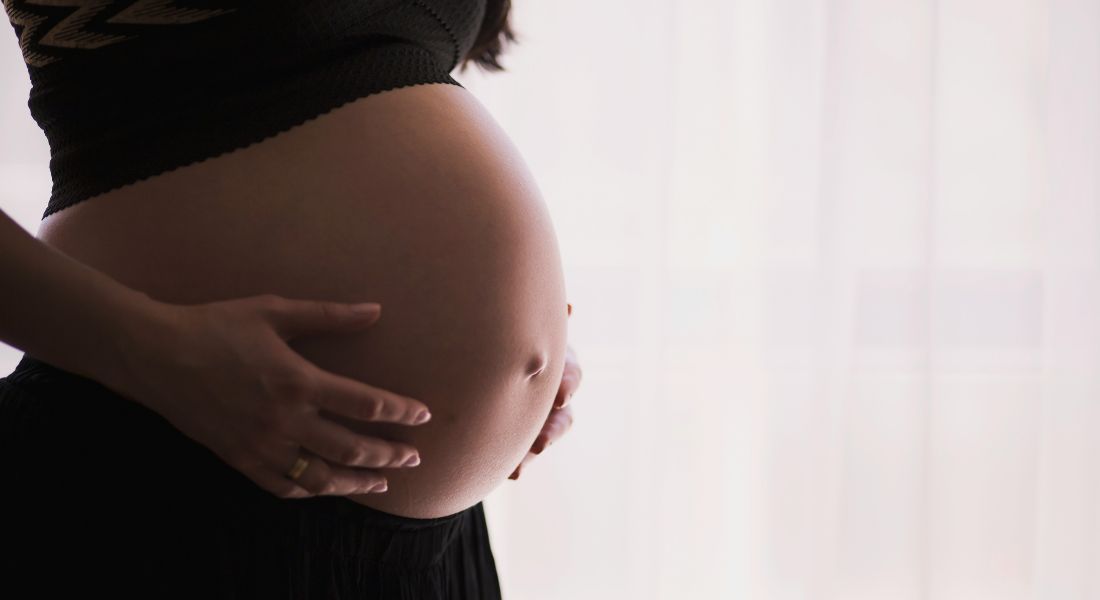Large Nordic registry-based study concludes that neither COVID-19 vaccination nor infection with the virus during the first trimester is associated with increased risk of congenital anomalies.

During the pandemic, there was talk of whether the COVID-19 vaccine was harmful to pregnant women and their unborn babies.
Although there was every indication that this was not the case, a large registry-based study conducted by the University of Copenhagen and partners now concludes that neither vaccination nor infection with COVID-19 is associated with increased risk of congenital anomalies.
"We found no increased risk of anomalies in children of mothers vaccinated against or infected with COVID-19 during the first trimester," says Assistant Professor Stine Kjær Urhøj from the Department of Public Health, who has co-authored the study recently published in the medical journal BMJ.
Together with colleagues from the Norwegian Institute of Public Health and Karolinska Institutet in Sweden, she has conducted a registry-based study with data on 343,066 newborns, making it the largest study of its kind to date.
We found no statistically significant difference in the risk of congenital anomalies between mothers who had been vaccinated or infected with COVID-19 and mothers who had not
The study includes data on 78,035 children from Denmark, 161,284 children from Sweden and 103,747 children from Norway.
Across the three countries, 5.2 per cent showed one of the 11 categories of anomalies included in the study. These were i.a. congenital heart defects, urinary anomalies and limb anomalies.
"We had to include data from all three countries to make sure the population was large enough for a study of congenital anomalies, which fortunately are relatively rare," says Stine Kjær Urhøj.
Reassuring results
The results of the study are reassuring.
The prevalence of congenital anomalies was 4.8 per cent for children of mothers vaccinated in the first trimester and 5.1 per cent for children of unvaccinated mothers.
The study showed a similar tendency for mothers infected with COVID-19, as the prevalence of congenital anomalies was 4.8 per cent for children of mothers exposed to COVID-19 during the first trimester and 5.2 per cent for children of mothers who had not been infected.
"This means that we found no statistically significant difference in the risk of congenital anomalies between mothers who had been vaccinated or infected with COVID-19 and mothers who had not," Stine Kjær Urhøj explains.
Moreover, the researchers found no difference between the different vaccines or virus variants. The study only included persons vaccinated with the Pfizer or Moderns vaccine, which are the vaccines recommended for pregnant women in Denmark, Norway and Sweden.
"The findings are reassuring, supporting the claim that vaccines are safe for pregnant women and suggest that COVID-19 infection during pregnancy is not associated with increased risk of congenital anomalies," Stine Kjær Urhøj concludes.
The study, "Covid-19 infection and vaccination during first trimester and risk of congenital anomalies: Nordic registry based study", has been published in BMJ






